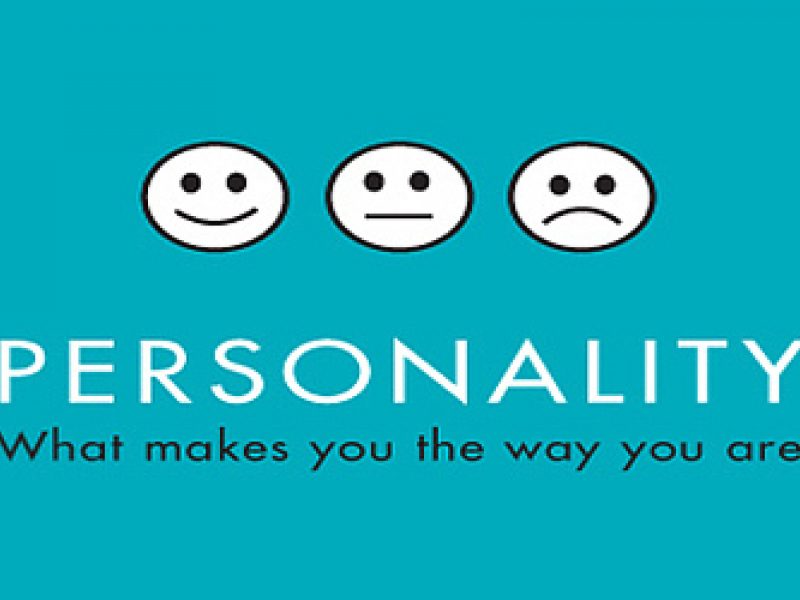How important is your personality when you're looking for work?
 Personality analysis
Personality analysis The intangible factor…
Your instincts or "gut feelings " never lie!
I was reminded of this again today. A person I was never sure about confirmed my suspicions. I had sensed it, but I had no evidence – now I do!
All of you will have had at least a few bad experiences on a personal or professional level with a person you had chosen to trust, but who deep down you had doubts about.
Sometimes I realise at once, then I say to myself ‘don’t be judgemental’ – as I’m aware it’s something I tend to do.
Recruiters and personality evaluations
Many recruiters act the way I do during a selection process. It’s important to look at skills, but what really matters is a person’s personality.
If a candidate already works for a company you can make do with them or use tools to develop / change them.
But if you have to hire someone from the market that’s a lot of responsibility!!!
I found some interesting ideas in anarticle that was published recently in Glassdoor for Employers - a blog I read carefully – with the title “Why recruiting for personality matters”.
But let’s examine what it means when we say personality matters!
It’s too easy to say that a recruiter has to get to know you to really understand what you can offer. If your cv is not perfectly in line with the specified requirements you’re not going to be contacted.
Personal traits do matter amongst the people who meet a company’s "mandatory" requirements: if a company asks for a degree and experience in a specific sector, you will need these, even if you satisfy all the "soft" requirements.
That’s the way it works and if you think about it, it does make sense!
Having said that, the Latin expression est modus in rebus suggests that not everyone behaves the same. For organisations to work people need to work in harmony, and this also depends on personal traits. How can we identify these? In reality many people trust their instinct, as I said before.
That can also happen when you’re an entrepreneur and you need to choose a partner. Can it? I’m not so sure.
But if you’re a recruitment professional...
An example of personality analysis: TTI Success Insights
The suggestion here is to make use of “tests”.
Although they are referred to as tests, they are actually a type of personality analysis like the one we use at GoodGoing! – TTI Success Insights offer self-assessment modules for candidates that provide a series
of elements you can subsequently discuss with the people in question to reveal their personality traits.
It’s too easy to make the mistake of basing the analysis on yourself, your own experience, or other such cases, especially if you are recruiting for large and complex organisations.
Nowadays if you select and use them carefully, tests are very useful. And that’s coming from an engineer who has always been slightly sceptical about humanities subjects like psychology.
I changed my mind when I read a book – “Change” by Paul Watzlawick – that illustrates in the first two chapters how even psychology employs scientific methodology.
Even mathematics – which is the starting point for all sciences – is based on assumptions.
How to take a personality test
What advice is there for someone who is asked to take a personality test?
In this case there is no means of preparing or simulations to be done.
Just be calm and transparent, and don’t try to “cheat”.
Good quality tests should be designed in such a way as to weed out lying and make it impossible for you to manipulate them!
In this regard, going through a recruitment process immediately after your holidays might help you perform as well as possible in the tests!
But if you don’t do well and you receive feedback accordingly, it might be a positive thing. Some people’s personality traits might mean they take longer to get back into the swing of things after
some time out.
